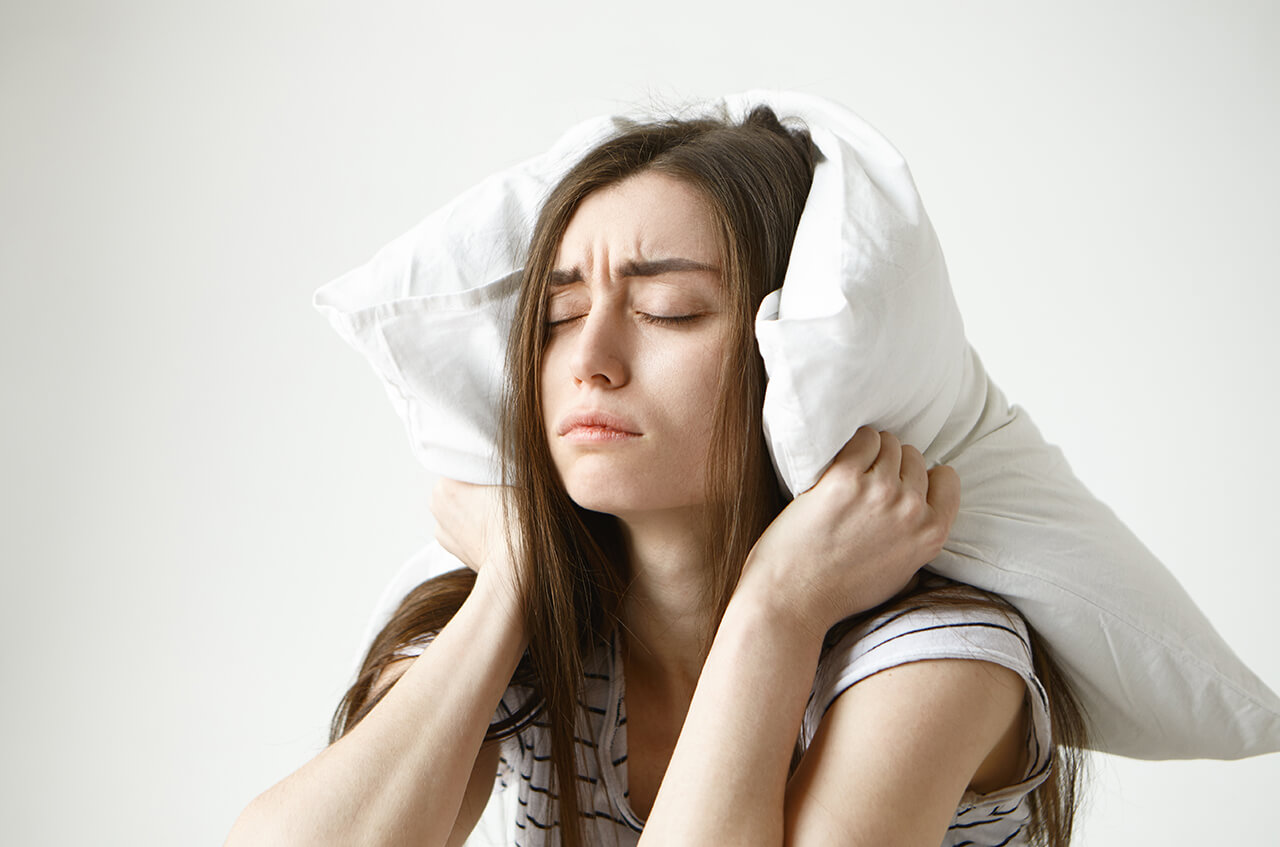
Snoring occurs when the tissues in the airway move toward the back of the throat during sleep, narrowing the airway when breathing. This causes that vibration sound we call snoring.
According to the Sleep Foundation, nearly 60% of men and 40% of women snore. Approximately 30% of children in the United States snore as well. Almost everyone snores occasionally, but it is more common in some people compared to others.
Snoring can be light and infrequent. However, It can also be heavy and may indicate a possible health condition. Understanding why snoring occurs can help you take steps toward preventing it and addressing any underlying health or sleep issues.

Certain health conditions and risk factors such as medications, aging, smoking, alcohol use, and nasal congestion can result in increased chances of snoring.
More serious issues like sleep apnea, deviated septums, and obesity also contribute to the likelihood and severity of one’s snoring habit.
It’s important to note that snoring related to sleep apnea is often very loud. It may sound like snorting, choking, or gasping. Those with Obstructive Sleep Apnea (OSA) will sometimes stop breathing for a period of time while they are sleeping. If your loved ones notice these issues when you sleep, please seek medical attention.
You might be able to ask friends or family members to observe you when you are snoring. If patterns related to your snoring can be detected, you may be able to determine the underlying cause.

You can take pivotal steps to help decrease the probability of snoring while you sleep. Some examples include:
Making changes to your diet, developing a good exercise regimen, limiting alcohol consumption, and adjusting medications can all be helpful ways you can reduce snoring. Another really helpful thing to do is change your sleeping position.

Sleep aids are often used to try to alleviate snoring. The industry leader that has specifically developed inexpensive and effective new-age devices to reduce your chances of snoring is Sleep Connection.
One of Sleep Connection’s best sellers is the Anti-Snore Wristband. It was created and strategically designed with electrodes that help to reposition the body by sending an alert to the user when snoring is detected.
The Anti-Snore Wristband interrupts your snoring without interrupting your sleep! It works in connection with its patented Self-Adhesive Electrode Pads.
Sleep Connection’s Electrode Pads provide a good night’s sleep by using impulse conductors that gently and safely send electrical signals to your body.

The electrical feedback sent to the wristband from the electrodes does not produce a strong enough signal to wake up its wearer. Instead, it sends a gentle, safe electrical signal that alerts the snorer to shift sleeping positions.
Personalize it! Let the wristband work best for you. The feedback signal is adjustable so you can modify it if it’s too strong or too weak.
For most effective use, changing the electrode gel pads monthly is recommended. With proper care, they will last about four weeks. Each pack comes with two soft, conductive gel pads.
The Anti-Snore Watch has allowed thousands of people to get a good night’s sleep. It has also worked wonders for couples. As both partners are able to sleep better, they begin to see a huge improvement in their lives. Customers have reported they are more alert, more rested, more focused, and experience better moods.

Recent Posts
The Importance of Sleeping Well Did you know that about one-third of your time should […]
Most people know that sleep is crucial for good mental and physical health. A multitude […]
(Just in Time for the Holidays!) The average person spends over 2,000 hours a year […]
Sleep Well to Study Well What Happens to Your Brain When You’re Sleeping Scientists and […]